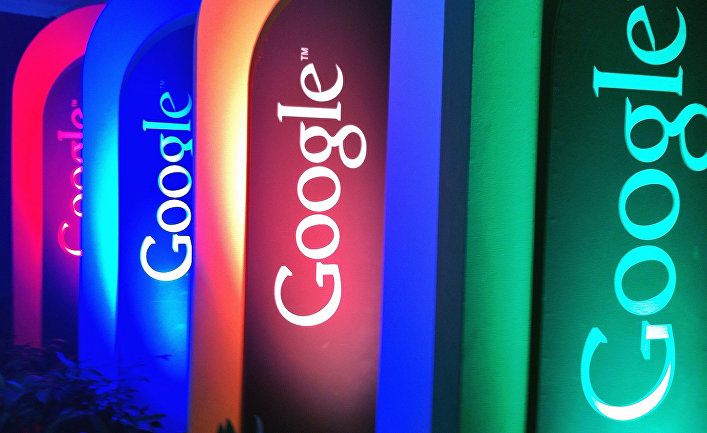A Russian startup N-Tech.Lab won the world championship in face recognition MegaFace Benchmark organized by the University of Washington. The algorithm, created by Russian developers managed to bypass more than 100 solutions from its competitors, including program FaceNet, created by Google.
N-Tech.Lab team created a unique algorithm based on neural network technology (solutions, based on the principle of functioning and organization of biological neural networks i.e. the networks of nerve cells of a living organism), which allows to recognize a set of individual features of a human face. The experts acknowledged the Russian system designed for the databases of more than a million photos to be the most accurate. Its recognition accuracy amounts to 73.3%.
The Russian company N-Tech.Lab was the winner of the world championship of facial recognition MegaFace https://t.co/AblPJzD59N
— TagMeNot Project (@dontTag) December 8, 2015
The FaceNet model was the second in this nomination, and an algorithm proposed by Peking University scientists was the third.
It was challenging to design the face recognition technology since the algorithm had to identify a set of individual characteristics, being unaltered with different shooting angles, lighting, facial expressions of the person, as well as quality of the photo, the company says. The program is supposed to analyze huge amount of graphical information over a short period of time and in the shortage of computer resources.
"At the moment we are planning to release a number of mass products based on our technology, as well as considering the possibility of attracting investments for further development of the company," the founder of N-Tech.Lab Artem Kukharenko said. According to him, a dating service, allowing people to search for someone with particular features, could be one of its possible commercial projects, Vedomosti reports.
The facial recognition technology can be used by the police as part of the enforcement of the city video recording system to identify potential criminal suspects or to look for those on the wanted list, Kukharenko said. Moreover, such system can be popular at the Customs office to identify people who, for one reason or another, were forbidden to enter a country; also at the mass sporting and cultural events the facial recognition technology can automatically verify the fans to monitor the situation in the stands and surrounding areas online.
N-tech.lab на Megaface: https://t.co/t2Bqkxoj7Q. Российский стартап обошёл Google в конкурсе по распознаванию лиц. pic.twitter.com/lDTTHmuwvu
— Гиктаймс (@GeekTimes_ru) December 7, 2015
"Now these new technologies are being already successfully implemented in business analytics, helping protect from banking fraud. Neural networks were launched recently and today they help us solve problems the old technologies couldn't manage. Its utility and coverage will greatly increase in future," the entrepreneur said.
N-Tech.Lab is engaged in the development and implementation of artificial intelligence algorithms based on artificial neural networks. The company owns a project called FaceN — its algorithm is able to identify faces better than humans and it came up to one of the world's highest levels of recognition accuracy. The startup activities include creation of intelligent algorithms combining the experience of human intelligence and efficiency of modern computers.

N-Tech.Lab's founder Artem Kukharenko, is a graduate of Moscow State University graduate (Department of Computational Mathematics and Cybernetics), who founded the company in 2015. His academic interests include neural network technologies. As a student, Kukharenko worked in the computer graphics and multimedia laboratory of the Moscow State University. After graduation he started his career at Samsung. He also collaborated with the e-Lab laboratory of the Purdue University in the US.
The international contest MegaFace Benchmark, organized by the University of Washington, was launched last autumn. More than 100 teams from all over the world participated in the contest, among them developers from Beijing University and other leading educational institutions. Samsung and Google were the sponsors of the event.






